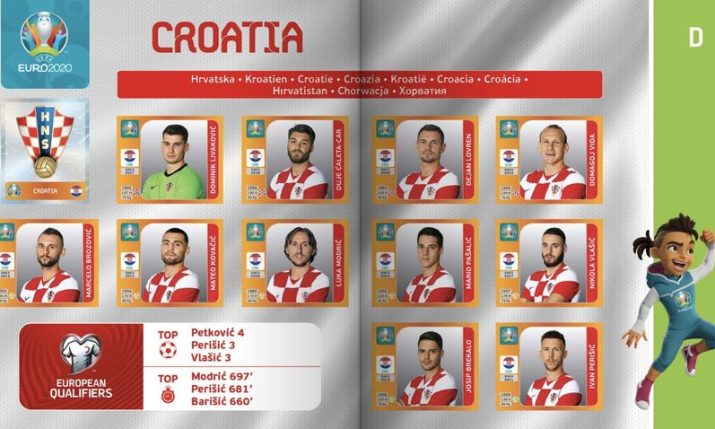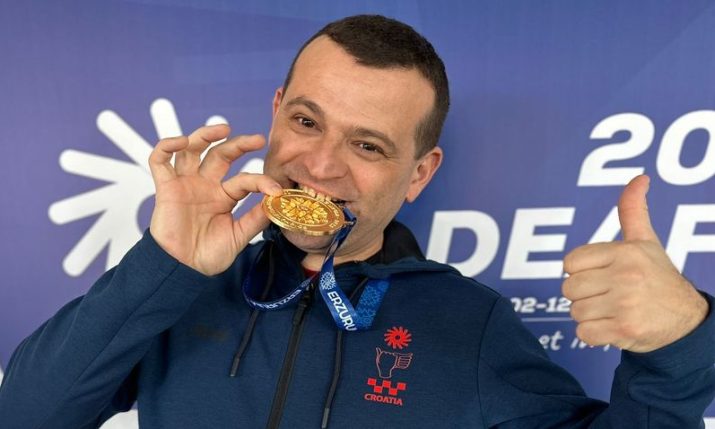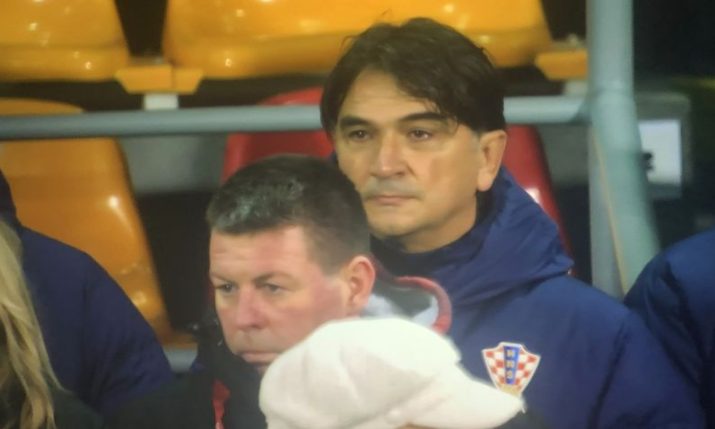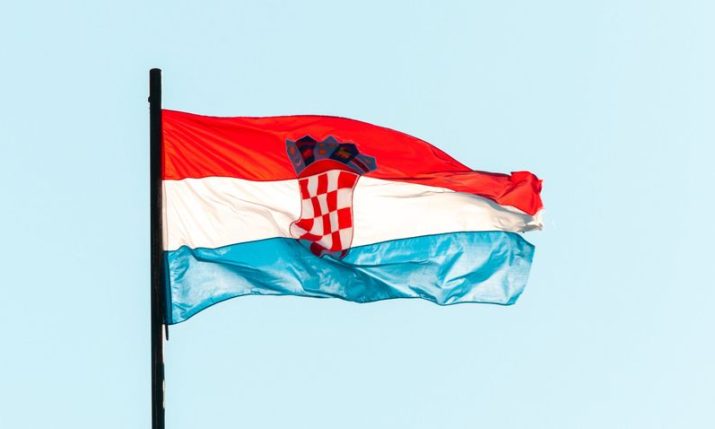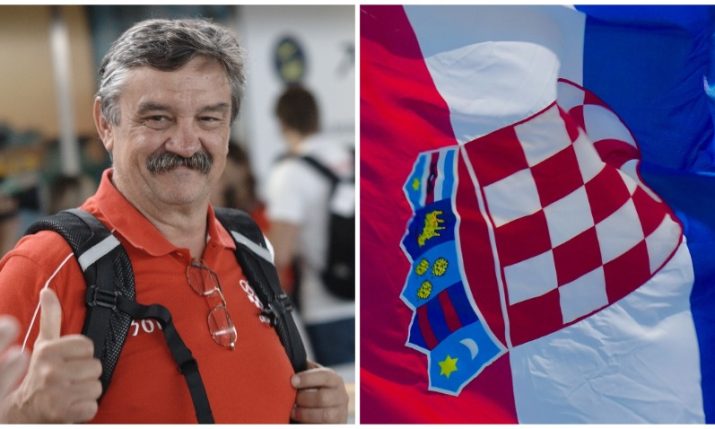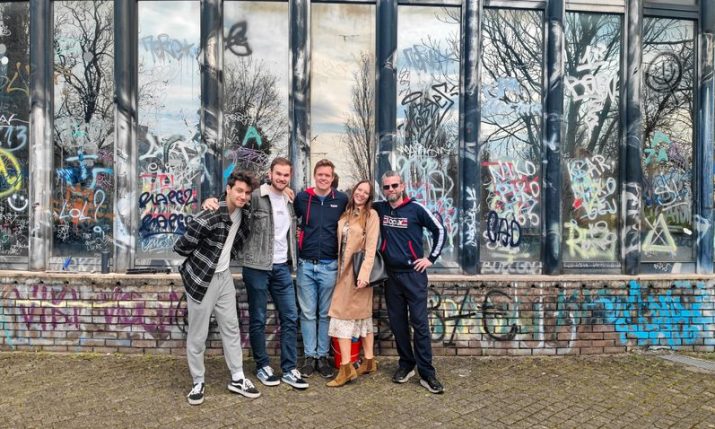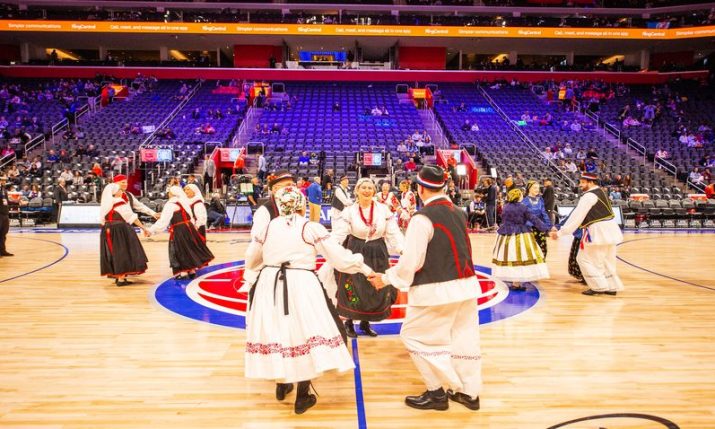Dinamo Zagreb Remembers 13.05.1990
- by croatiaweek
- in Sport

Zvonimir Boban kicks an officer during the riots (Youtube)
On Sunday, 13 May 2018, Croatian football club Dinamo Zagreb marks 28 years to the day of the most famous derby never played between Dinamo Zagreb and Red Star Belgrade.
That day will always be remembered for the riot which took place at Maksimir Stadium in Zagreb between the Bad Blue Boys, fans of Dinamo Zagreb, Red Star Belgrade fans Delije and the police and for many, the day was the unwritten start of the Homeland War.
In honour of the day on Sunday, Dinamo Zagreb, led by president Mirko Barisis, coach Nikola Jurcevic, and captain Arijan Ademi lit candles for all the Dinamo fans who died in the Homeland War.
Dinamo se prisjetio svih onih koji više nisu s nama. Neka im je vječna slava 🙏🏻 13.5.1990. #DZG #zagreb #hrvatska pic.twitter.com/EWT1YqJnVx
— GNK Dinamo (@gnkdinamo) May 13, 2018
The riot at the derby 28 years ago happened after Croatia’s first multi-party elections in almost 50 years in which the parties favouring Croatian independence had won the majority of votes.
The riot resulted in over 60 people wounded, including some stabbed, shot and poisoned by tear gas. The tension between the two teams was always high as they consistently placed at the top of the Yugoslav football league and often won the national championships.

(Screenshot)
In 1990, this took an even worse character due to rising ethnic tensions in Yugoslavia. The first multi-party elections were held in most of Yugoslavia and communism was ousted in favour of more national-oriented parties. The second round of voting in Croatia was held on May 6, when the Croatian Democratic Union (HDZ) won under Franjo Tuđman. Slovenia and Croatia, under new leadership, were the leading forces behind a drive to reorganize Yugoslavia into a confederation but were opposed by Serbia under Slobodan Milošević and the still powerful Communist system at state-level.
Amidst all the chaos, several Dinamo players still remained on the field, the Red Star players having already left for the locker rooms. Zvonimir Boban, the Dinamo captain and future Croatia captain, kicked police officer Refik Ahmetović who was attacking a Dinamo supporter.
The Bad Blue Boys soon came to Boban’s defence, acting as bodyguards. For this act alone, Boban was proclaimed a national hero of Croatia, but also attained a Croatian nationalist reputation in Serbia. He was suspended by the Yugoslav Football Association for six months and had criminal charges filed against him, although the officer he attacked (who turned out to be a Bosnian Muslim) publicly forgave him for his actions several years later.

Zvonimir Boban today is one of the top officials at FIFA (Screenshot)
“Here I was, a public face prepared to risk his life, career, and everything that fame could have brought, all because of one ideal, one cause; the Croatian cause,” said Boban.

